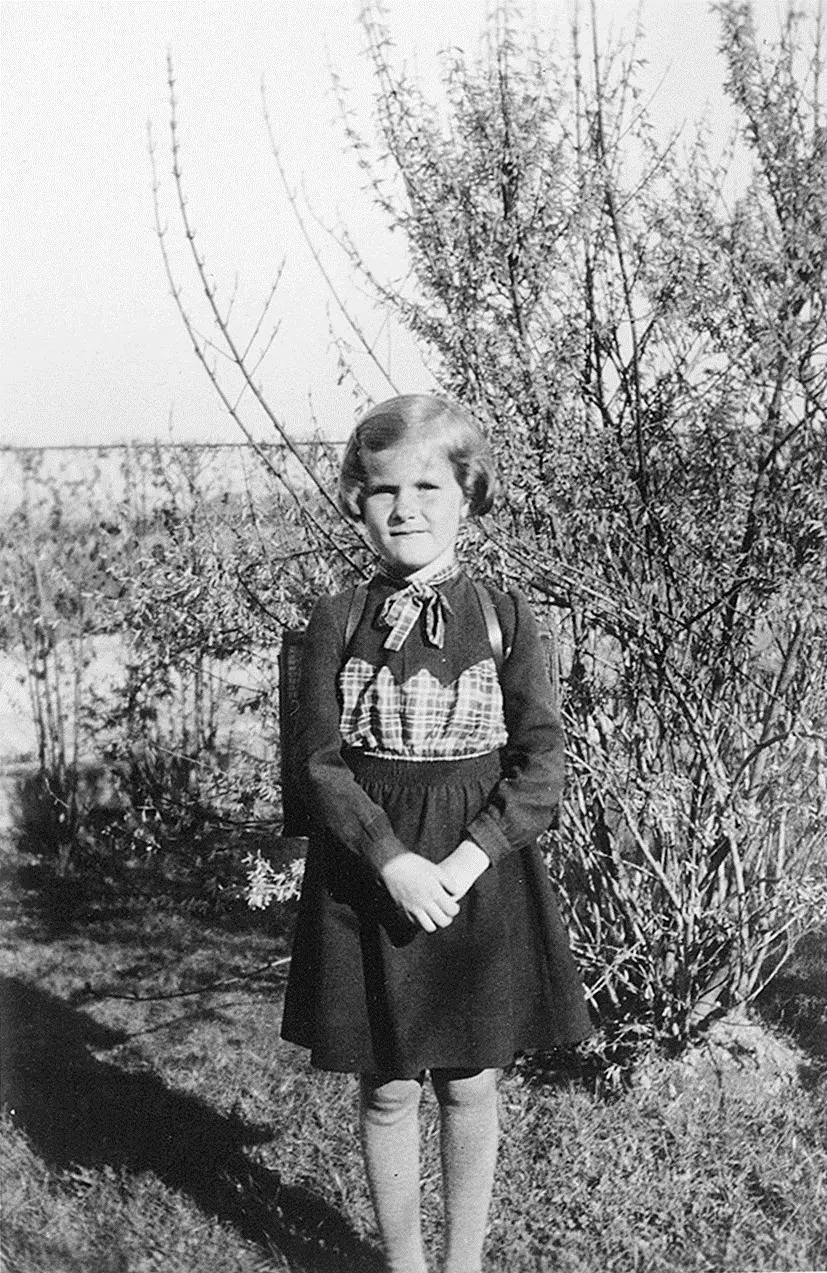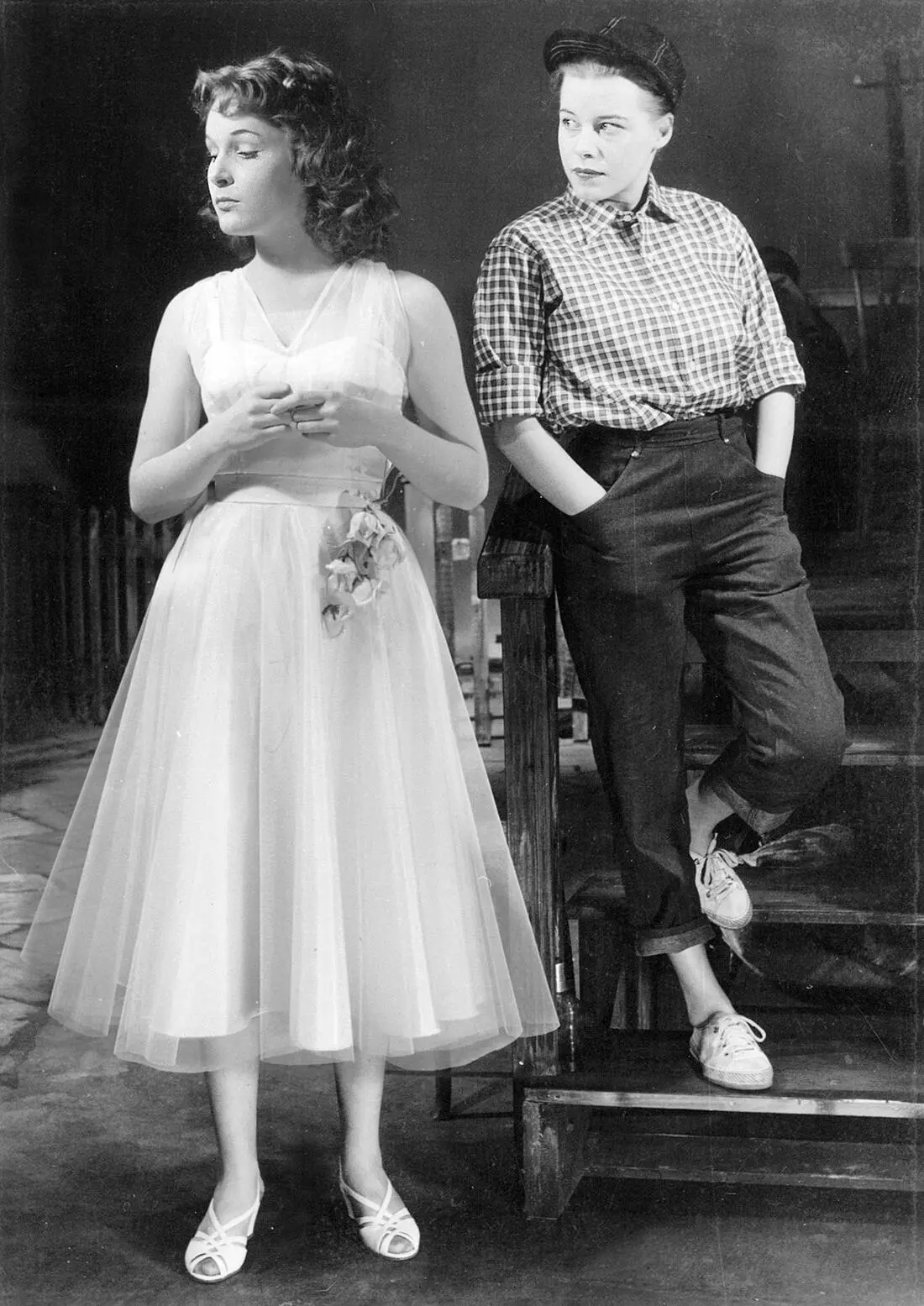Leo Schelbert - Westward
Здесь есть возможность читать онлайн «Leo Schelbert - Westward» — ознакомительный отрывок электронной книги совершенно бесплатно, а после прочтения отрывка купить полную версию. В некоторых случаях можно слушать аудио, скачать через торрент в формате fb2 и присутствует краткое содержание. Жанр: unrecognised, на английском языке. Описание произведения, (предисловие) а так же отзывы посетителей доступны на портале библиотеки ЛибКат.
- Название:Westward
- Автор:
- Жанр:
- Год:неизвестен
- ISBN:нет данных
- Рейтинг книги:3 / 5. Голосов: 1
-
Избранное:Добавить в избранное
- Отзывы:
-
Ваша оценка:
- 60
- 1
- 2
- 3
- 4
- 5
Westward: краткое содержание, описание и аннотация
Предлагаем к чтению аннотацию, описание, краткое содержание или предисловие (зависит от того, что написал сам автор книги «Westward»). Если вы не нашли необходимую информацию о книге — напишите в комментариях, мы постараемся отыскать её.
Westward — читать онлайн ознакомительный отрывок
Ниже представлен текст книги, разбитый по страницам. Система сохранения места последней прочитанной страницы, позволяет с удобством читать онлайн бесплатно книгу «Westward», без необходимости каждый раз заново искать на чём Вы остановились. Поставьте закладку, и сможете в любой момент перейти на страницу, на которой закончили чтение.
Интервал:
Закладка:
Linda Geiser’s childhood was marked less by religion than World War Two. “Even today I can hear Hitler and Göring yelling in the news broadcast of Radio Beromünster; this filled us with fear. In Switzerland we didn’t suffer from hunger, but we needed stamps to buy food. And even after the war had ended, we children wore each others’ clothes.”

Linda’s first day at school. (1942)
Linda’s enthusiasm for school was limited. “After the primary grades where I had been a good student, my parents decided that I should go to the Progymnasium , the first years of the college preparatory school, yet I was miserable there. I was no longer interested in the study material, which I found entirely unnecessary. I preferred to dream, to read books, to paint, and I wanted to have a career in theater. What I did take with me from those years is a stock of wonderful people whom I got to know there. I have an entire ‘clan of girls,’ as I call them, with whom I still have a close connection.
“When I had to repeat one class, Mani Matter and Jürg Wyttenbach were my classmates. Mani Matter later became the originator of the Bernese Troubadours , and Jürg Wyttenbach a famous musician and composer.
“Fortunately my parents allowed me to participate in evening courses at the acting school even while I was still in school. Margarethe Schell-von Noé directed this department of the Conservatory. As luck would have it, they were preparing a student production in which I was allowed to participate. It was an open-air performance, and I was given the part of a young sentimental girl who was enamored of her teacher and in her lover’s grief wanted to jump into the river, the Aare. What a beginning!” Now Linda wanted to join the professional theater.
“Mrs. Schell admonished me that I still would have to learn a whole lot. What for? I already had a first engagement at the newly established studio theater at the Effingerstrasse. Nothing could hold me back now. I resolved to observe in every detail what the experienced actors did and to imitate everything. This worked.” Linda Geiser adds: “However, this does not mean that I did not have to learn a lot more about this profession in the course of the years.” Thus it was a settled matter. Linda’s father signed her first contract for the Atelier Theater under director Adolph Spalinger. “I was only sixteen, and my parents were relieved that I had a firm engagement. They knew: She won’t run away from there!
“During WW II immigrants shaped the theater in Switzerland to a significant extent. Many stage artists from Germany and Austria lived and worked in our country. Those who were not able to escape to America gathered in Switzerland. They shaped not only the famous Schauspielhaus in Zurich, we also met these extraordinary artists in the theaters in Bern, St Gallen, Lucerne, Basel, Solothurn, and elsewhere.
“They brought with them the great old tradition of theater and revived and inspired theater life in Switzerland. By now almost all of them have died. They are not totally forgotten, yet as the saying goes, ‘posterity presents no wreaths to actors,’ and most of them were not immortalized in films – to say nothing of television. Thus today we have only one last witness to this era in the great Maria Becker in Zurich who still makes appearances on stage.”
For 250 Swiss francs a month Linda Geiser played the roles of naïve young girls – as her specialty was called then – in the ensemble of the Atelier Theater . In addition there were salon ladies, character actors, the young heroes – all designations that are no longer used today. “From one day to the next I had to take on great parts for which I had not even been hired. Such a piece of luck! Two actresses were absent; they were talented, but one turned out to be an alcoholic, the other one a hysteric. Thus I was able to play the parts of Eliza in Pygmalion by G. B. Shaw, of Jessica in Dirty Hands by J. P. Sartre, and several other parts for which I was essentially still much too young.
“These wonderful tasks were the best acting school. It was much simpler for me to play such parts as Wendla Bergman in Frühlings-Erwachen (Spring Awakening) by F. Wedekind or Emily in T. Wilder’s Our Town . In this last production Mani Matter played the part of the newspaper boy that I had helped him get when Adolph Spalinger asked me whether I knew a talented classmate who would like to work with our group.
“For three seasons at the theater in Bern I was lucky enough to live with my family, but no one kept tabs on me. I loved the adventurous life in the theater world.”
Linda’s parents were generous. “The restaurants were often already closed after our performances and thus half of our ensemble walked or drove to Spiegel, filled the Geiser house, and raided the refrigerator – though they brought along wine and other beverages. And as the money for stage sets and props was scarce, our furniture was sometimes kidnapped. Chairs, tables, carpets, dresser drawers, plates – and clothes of my mother – caused sensations in various productions. My sister Annemarie also helped out and we played twins in the Christmas production for children. In time our entire family was bitten by the theater bug, and in 1957 my father even launched an amateur theater, the Spiegelbühne , which still exists today.”
In 1954 television in Switzerland was still in its infancy. Linda Geiser was full of enthusiasm for this new medium that had already been well established in America. “With our entire ensemble we drove from Bern to the Bellerive Studio in Zurich. We were given a contract for Oscar Wilde’s play An Ideal Husband in which I played the part of Mabel. At that time Swiss television could not yet afford its own productions.
“On the way to Zurich all our costumes were stolen from our truck. Thus in great haste and agitation we had to organize costumes for the ensemble. The play was broadcast live – the viewers saw each mistake, heard each slip of the tongue! Later I also experienced such TV theater productions in Hamburg and Berlin. They were always connected with great agitation. Oh God! Actors who had trouble learning the text never wanted to do television. This did not bother me; fortunately I have a photographic memory. I look at the texts and then remember them. In general I have little stage fright. Actually it is good to be nervous before a performance because it helps to build up energy and vibes.”
At age 19 Linda needed a different environment. “I was advised to get out of the provincial atmosphere of Bern. And after I had auditioned for the Kammerspiele in Hamburg for a French comedy The Stork’s Nest , I was able to sign my first contract myself.”

Linda Geiser and Dinah Hinz at the Thalia Theater in Hamburg. (Fall 1954)
For two years she was at the Thalia Theater in Hamburg where she had many parts and was happy until, one day, the boss kicked her out. That hurt. “They said that I had been rude and disrespectful toward a director. I felt that I was treated unfairly, got the short end of the stick, packed my bags, and my family welcomed me home with open arms.”
In spite of the disappointment, Linda remained true to the theater. Subsequently she played in two productions in Berlin and soon thereafter was engaged by the Komödie in Basel. Offers for television and radio plays were also not lacking. “Then came a dreadful German movie Der Königswalzer (The King’s Waltz) in which I played Princess Elisabeth of Wittelsbach. Long before Romy Schneider I portrayed the future empress of Austria in this super trashy film that was the first German film in cinemascope. Shooting it was pure torture. The cameraman first had to fly to Hollywood to learn the new technique and returned with an extra thick lens that, fastened to the front of the camera, made the wide screen effect possible. But this also meant that the lights had to be three to four times as strong; we had tropical heat in the studio. Actors and technicians outdid each other perspiring. The result was a film with a cheerful atmosphere.” In addition to the films the young Swiss woman found nightlife in Munich very interesting. “I met many colleagues who are friends until today – if they are still alive.”
Читать дальшеИнтервал:
Закладка:
Похожие книги на «Westward»
Представляем Вашему вниманию похожие книги на «Westward» списком для выбора. Мы отобрали схожую по названию и смыслу литературу в надежде предоставить читателям больше вариантов отыскать новые, интересные, ещё непрочитанные произведения.
Обсуждение, отзывы о книге «Westward» и просто собственные мнения читателей. Оставьте ваши комментарии, напишите, что Вы думаете о произведении, его смысле или главных героях. Укажите что конкретно понравилось, а что нет, и почему Вы так считаете.












